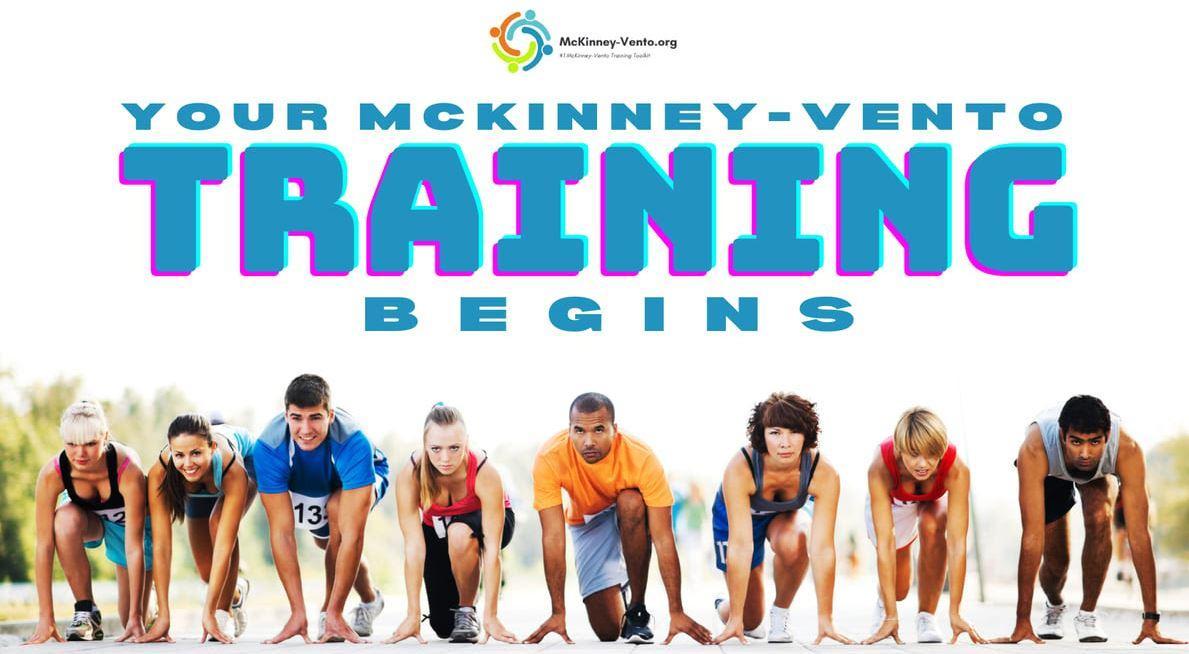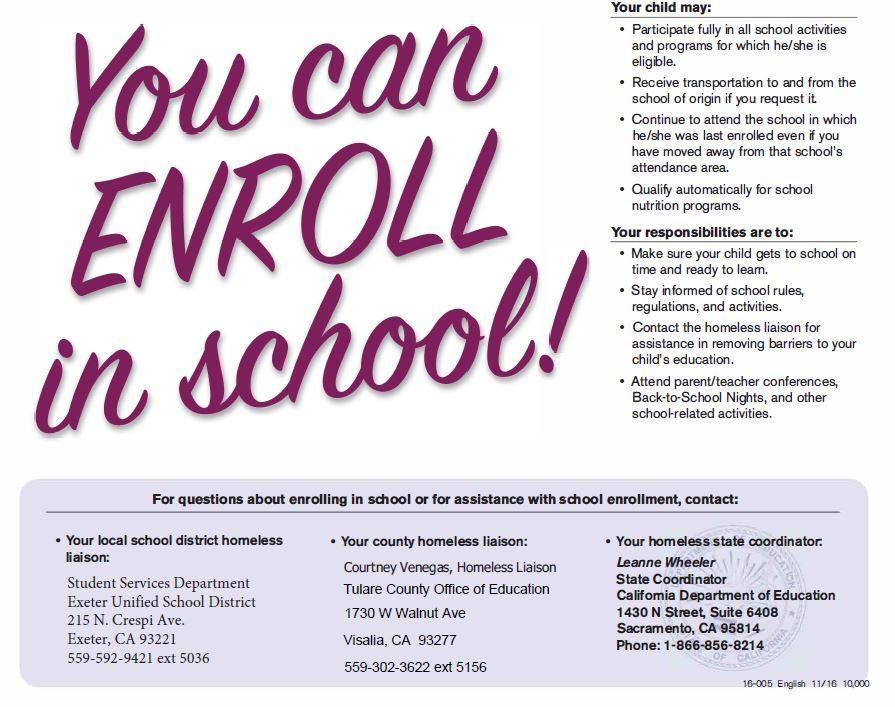
All Set for School!
The return of children to school is a pivotal moment that underscores the importance of education in shaping the future of individuals and society at large. As children step back into the classroom, they are embarking on a journey of growth, discovery, and empowerment. Beyond the acquisition of knowledge, going to school cultivates critical thinking, fosters social skills, and nurtures a lifelong love for learning.
As the calendar turns to August, a sense of excitement and anticipation fills the air as we eagerly prepare to welcome our students back to school. After a period of challenges and adjustments, the prospect of reuniting within the familiar walls of our educational institution brings renewed energy and optimism. The hallways, once echoing with laughter and bustling activity, stand ready to once again resound with the lively conversations and shared learning experiences that define our community.
This August, we embrace the opportunity to not only impart knowledge but also to foster connections, growth, and a sense of belonging that only a school environment can provide.

The new school year is just around the corner and for educators, this is the perfect time to work on professional development and compliance courses.
We here at McKinney-Vento.org are more than happy to help you achieve your training goals! So if you are a state coordinator, grant coordinator, a district liaison, or a course facilitator, here are the most important details that you should remember when you start your McKinney-Vento Training in your area:
1. The registration link that you may provide to your school staff is the same -
mckinney-vento.org/register. If you facilitated the McKinney-Vento training last year, your staff will have to re-register since we performed a staff user refresh in our website.
2. You can quickly access your training templates and materials by clicking this link to the
MV Learning Launch Kit
3. You have access to all 2023-2024 Staff Courses. You can review these courses and you can even show the course videos in a classroom setup! Here is our
Video-based Learning Protocol resource
4. You can generate your completion report!
Click here to access the video guide on how to get your completion data for 2023
5. You can always ask us, your training success team! Should you have any questions about the training, kindly
send us a message and we'd be glad to assist!
~~~~~~~~~~~~~~~~~~~~~~~~~~
23 Ways to Build and Sustain Classroom Relationships
These teacher-approved activities will help create the sort of classroom bonds that pave the way to academic success.
To lay the groundwork for productive classroom discussions and truly fruitful group work, for example, teachers should think about relationships along four dimensions: teacher to the individual student, teacher to the whole class, student to student, and student to the whole class.
Here's a list to highlight fun, quick, and easy-to-implement strategies that can (and should) be deployed daily, weekly, and even year-round to build and sustain strong classroom communities.
~~~~~~~~~~~~~~~~~~~~~~~~~~










